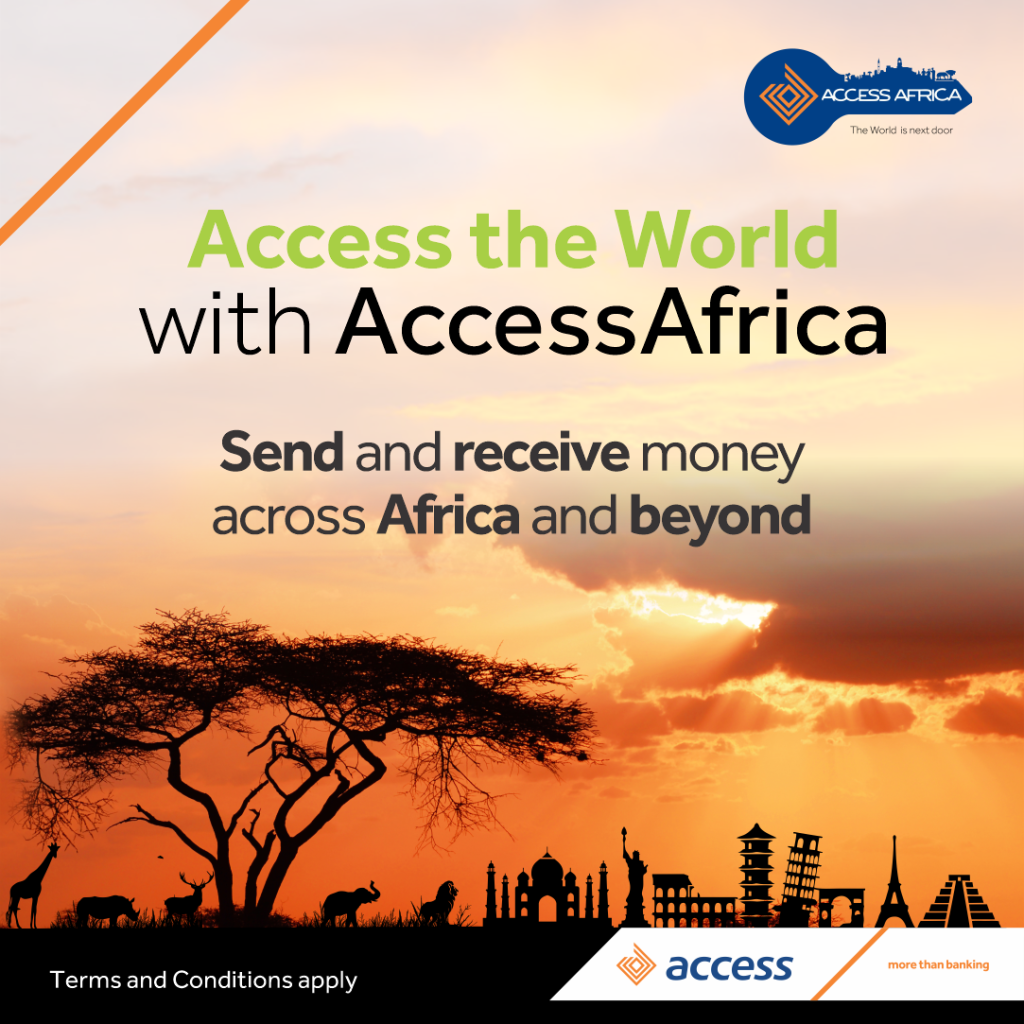
From the financial hubs of Mauritius to the resource-rich states of Libya, this analysis delves into what makes these African countries stand out regarding riches and economic stability.
When you think of the wealthiest countries in Africa, you are probably taking the GDP per capita by country into account. In this article, we list Africa’s top 10 richest countries based on GDP per capita, as estimated by the International Monetary Fund (IMF).
However, if you are watching out for the GDP per capita of Nigeria or the GDP per capita of Kenya, this list may surprise you since the countries that emerge on top are also some of the smallest countries in the continent.
GDP, or the gross domestic product, is a parameter for the value of all goods and services produced in a nation. Dividing this output by the number of full-time residents in a country is a better way of determining how rich or poor a country’s general populace is.
However, only when taking into account inflation rates and the cost of local goods and services, can we get a more accurate picture of a nation’s average standard of living. Considering both factors, the resulting figure is called PPP or purchasing power parity, often expressed in dollars to allow comparisons between countries.
When you go by GDP per capita PPP, these 10 African countries come up as the richest as of January 24, 2024:
| Rank | Global Rank | Country/Territory | GDP-PPP per capita ($) |
|---|---|---|---|
| 1 | 66 | 🇲🇺 Mauritius | 29,349 |
| 2 | 75 | 🇱🇾 Libya | 24,382 |
| 3 | 89 | 🇧🇼 Botswana | 19,394 |
| 4 | 90 | 🇬🇦 Gabon | 19,165 |
| 5 | 94 | 🇬🇶 Equatorial Guinea | 18,363 |
| 6 | 97 | 🇪🇬 Egypt | 17,123 |
| 7 | 100 | 🇿🇦 South Africa | 16,211 |
| 8 | 111 | 🇩🇿 Algeria | 13,682 |
| 9 | 113 | 🇹🇳 Tunisia | 13,249 |
| 10 | 124 | 🇲🇦 Morocco | 10,408 |







